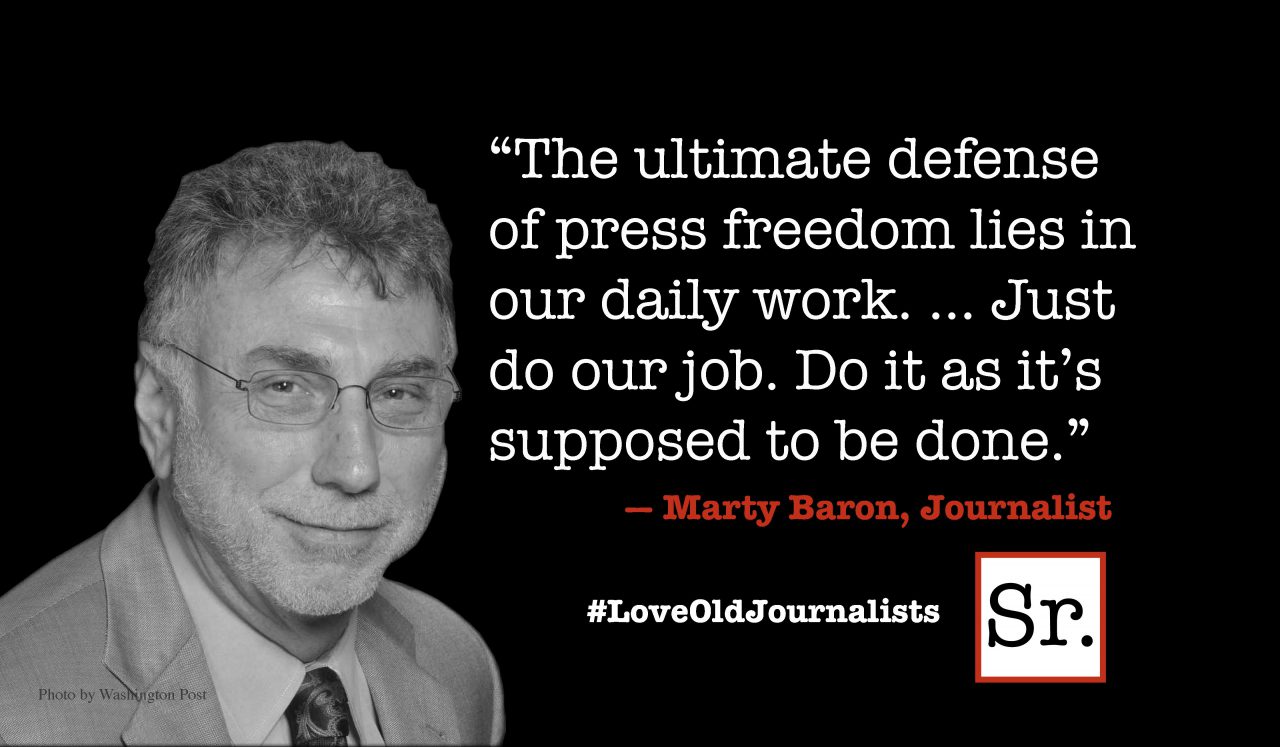It doesn’t matter how hard you work if you’re working on the wrong things. Managers, leaders, and business owners are the hardest working people I know. Working in your business is necessary but dangerous.
You work “in” when you do business. Farmers milking cows, accountants accounting, preachers preaching, teachers teaching, and doctors doctoring are all working in their business.
Working in is dangerous because it:
1. Captivates attention.
2. Consumes energy.
3. Distracts from a powerful concern – working on your business.
Stuck
Your passion and ability to focus on getting jobs done blocks you from:
1. Creating or enhancing systems.
2. Defining long-term objectives.
3. Identifying, leveraging, and enhancing the strengths on your team.
4. Offloading present work so you can focus on the future.
Working IN prevents you from working ON.
Danger
Get’er done works for the short-term (soon it drains), but eventually, it destroys you and your effectiveness.
Constantly working in your business without working on it:
1. Defeats your innovative spirit.
2. Saps vitality.
3. Restricts growth.
4. Limits your potential.
Breakthrough to Working On
Evaluate the use of your time. How much is spent working in rather than on? Breakthroughs materialize when you alter dead-end habits.
1. Create a weekly “working on” appointment with yourself. Identify and take a next step.
2. Make small adjustments. You’ll never shift toward working on your business in one giant leap.
3. Find new eyes. Discuss systems, strategies, and vision with experts outside your field.
4. Listen. Many leaders and business owners have too many answers and too few questions.
5. Try something. Waiting for stunning success prevents progress.
6. Delegate more, even if it takes longer at first.
7. Follow-up and follow-through. Frustrations inspire conversations regarding improvements, but follow-through changes things. Perhaps some form of accountability would help?
How can leaders work on their business or organization?









